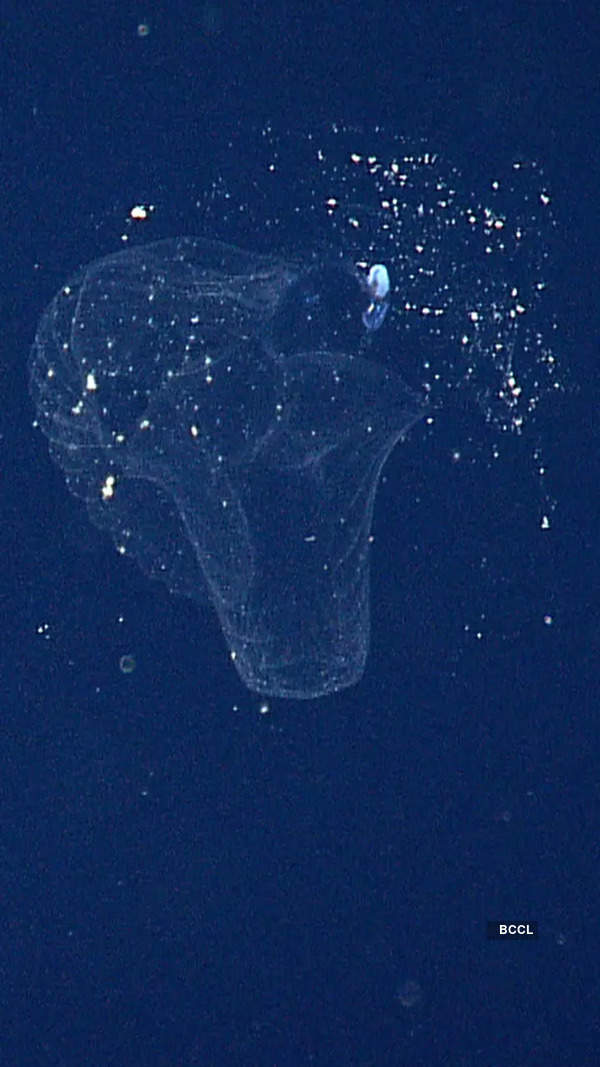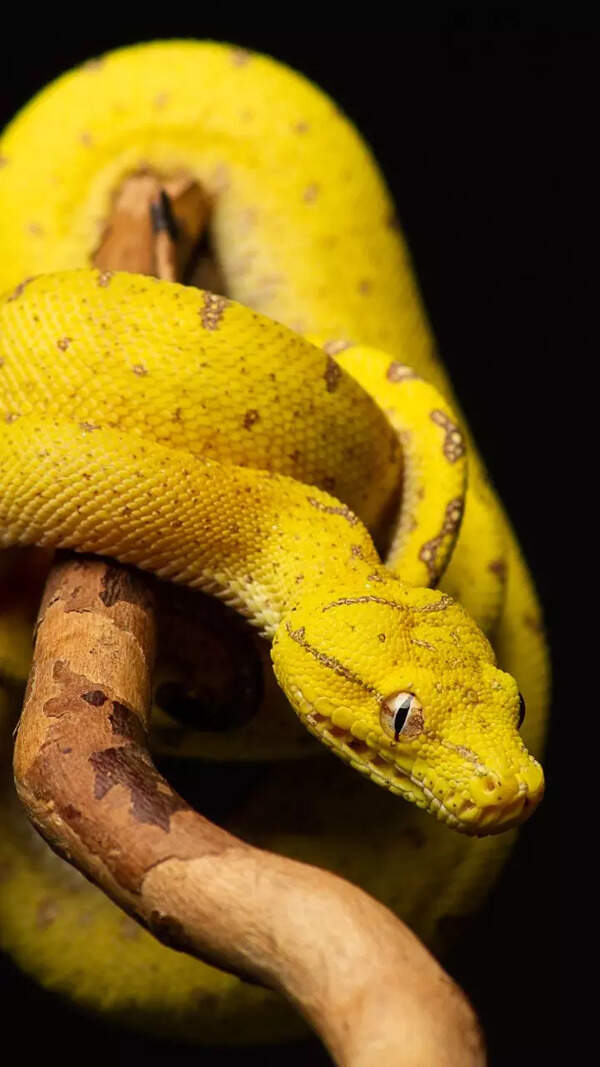- News
- City News
- patna News
- 20k tappers to tap 3.9cr litres of neera
Trending
20k tappers to tap 3.9cr litres of neera
Patna: Over the next 65 days – from April through July – around 20,000 tappers will be engaged in extracting neera, a non-fermented sap, from taad (palm) trees across Bihar as part of a state-led initiative to collect 3.90 crore bulk litres from two lakh identified neera-yielding trees. The initiative falls under the state govt's prohibition, excise and registration department, as outlined in an official communiqué issued on Friday.
Unlike toddy (taadi), which is the fermented form of the palm sap and banned under Bihar's stringent prohibition policy, neera is a health-giving liquid if collected before sunrise. If tapping is delayed past dawn, the sap naturally ferments and becomes intoxicating. To prevent this, the department is encouraging early morning collection, enabling the neera to be preserved for processing into sweets and other edibles.
This new policy, which has formally taken effect in the 2025-26 fiscal, was first piloted in 2022. It forms a core part of the state's Jeevika (livelihood) programme, aiming to provide alternative employment to traditional toddy tappers –predominantly from the scheduled caste Pasi community – whose livelihoods were affected by the prohibition law.
To incentivise the shift, both tree owners and tappers will receive payments through the direct benefit transfer (DBT) system. "As per the policy, a tapper will receive Rs 15,600 as incentive for tapping neera from 10 trees while the owners of these trees will receive Rs 5,850. Tappers will also be paid Rs 30 per tree for identification, counting and marking," the communiqué said.
End of Article
FOLLOW US ON SOCIAL MEDIA










